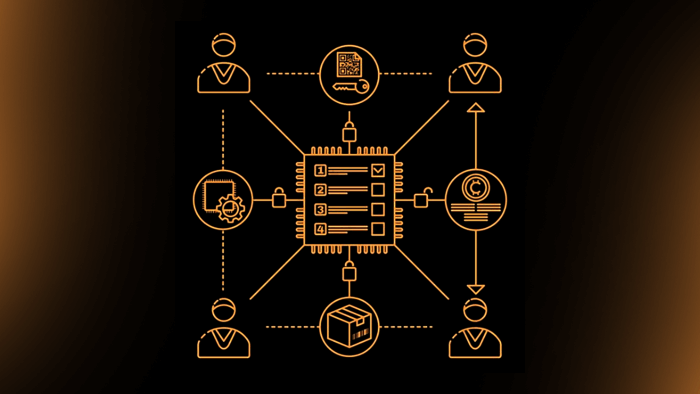Ethereum and Its Smart Contract Capabilities

The emergence of blockchain technology has transformed the way we interact with digital assets. Ethereum is one of the most popular blockchain platforms that enable the development and execution of decentralized applications (dApps) and smart contracts. In this article, we will delve into the concept of Ethereum and its smart contract capabilities.
What is Ethereum?
Ethereum is a decentralized open-source blockchain platform that facilitates the development of dApps and smart contracts. It was proposed by Vitalik Buterin in 2013 and launched in 2015. Ethereum is based on a proof-of-work consensus algorithm, but it is currently transitioning to a proof-of-stake consensus algorithm to enhance its scalability and security.
Ethereum Virtual Machine (EVM)
The Ethereum Virtual Machine (EVM) is a runtime environment that executes smart contracts. It is a Turing-complete virtual machine that allows developers to write smart contracts in various programming languages. EVM provides a secure and isolated environment for executing smart contracts, which ensures that the execution of a smart contract cannot affect other parts of the blockchain.
Ether (ETH)
Ether (ETH) is the native cryptocurrency of the Ethereum platform. It is used as a means of payment for transactions on the network and as a reward for miners who contribute computing power to validate transactions and create new blocks.
Smart Contracts
Smart contracts are self-executing contracts that automate the negotiation, verification, and enforcement of the terms of a contract. Smart contracts are written in programming languages and are stored on a blockchain. Once deployed, smart contracts cannot be modified or deleted.
Benefits of Smart Contracts
Smart contracts offer several benefits over traditional contracts, including:
- Autonomy: Smart contracts are self-executing, which means they do not require intermediaries or third parties to validate and enforce the terms of the contract.
- Trust: Smart contracts are transparent and tamper-proof, which means that all parties can trust that the terms of the contract will be enforced as agreed.
- Efficiency: Smart contracts automate the execution of contract terms, which reduces the time and costs associated with traditional contract negotiation and enforcement.
Use Cases for Smart Contracts
Smart contracts can be used in various industries and scenarios, including:
- Supply Chain Management: Smart contracts can be used to track the movement of goods and ensure that they meet specific quality standards before being accepted.
- Real Estate: Smart contracts can be used to automate the process of transferring property ownership and managing lease agreements.
- Financial Services: Smart contracts can be used to automate the execution of financial transactions, such as loans and insurance policies.
Decentralized Applications (dApps)
Decentralized applications (dApps) are applications that run on a blockchain network rather than a centralized server. dApps are built using smart contracts and offer several benefits over traditional centralized applications, including:
- Security: dApps are more secure because they are not vulnerable to attacks on a centralized server.
- Transparency: dApps are transparent because all transactions and data are stored on a blockchain, which is accessible to all users.
- Censorship Resistance: dApps are resistant to censorship because they cannot be taken down by a single authority.
Use Cases for dApps
dApps can be used in various industries and scenarios, including:
- Social Media: dApps can be used to create decentralized social media platforms that are not controlled by a single company or authority.
- Gaming: dApps can be used to create decentralized gaming platforms that allow players to trade in-game assets.
- Identity Management: dApps can be used to create decentralized identity management systems that protect user privacy and enable secure identity verification.



